
Cicconi
The Telecommunications Act of 1996 was the first major overhaul of telecommunications law in almost 62 years, and the deregulation measure supported with ecstasy by many in the telecom industry was signed into law by none other than President Bill Clinton, opening the door to a massive wave of industry deregulation and multi-billion dollar media consolidation.
It therefore comes as no surprise — to some at least — that AT&T’s top lobbyist Jim Cicconi, perhaps rivaled only by Comcast’s David Cohen in power and influence, has endorsed Hillary Clinton for president. The Wall Street Journal reported Cicconi has joined several other Republican corporate executives signing up for Team Hillary this election cycle.
Cicconi is voting Democratic this year, despite supporting every Republican presidential candidate since President Gerald Ford’s run against Jimmy Carter in 1976. This year is different, he claims.
 “I think it’s vital to put our country’s well being ahead of party,” he said in a statement provided by the Clinton campaign. “Hillary Clinton is experienced, qualified, and will make a fine president. The alternative, I fear, would set our nation on a very dark path.”
“I think it’s vital to put our country’s well being ahead of party,” he said in a statement provided by the Clinton campaign. “Hillary Clinton is experienced, qualified, and will make a fine president. The alternative, I fear, would set our nation on a very dark path.”
Comcast’s David Cohen is also well-known for leaning to the left, and has been considered a friend of the Obamas since they took office in 2009. Cohen hosted 120 people in his home for a dinner in 2011 on behalf of Obama’s 2012 re-election campaign. It was an expensive dinner — each guest contributed at least $10,000.
The alternative, Donald Trump, represents what corporate America and Wall Street hates above all else – unpredictability and uncertainty.
Telecom issues have not made a big splash this year in either campaign, and regardless of who wins, their appointments to regulatory agencies like the FCC can have a major impact on consumer broadband initiatives and public policy. A Clinton administration could result in appointments of “centrist” Democrats that Bill favored during his two terms in office. Many of those former regulators are now lobbyists for the telecom industry. Or Hillary could move closer to Obama’s surprisingly tough pro-consumer policies on broadband issues and keep Thomas Wheeler at the helm of the FCC for a few more years.
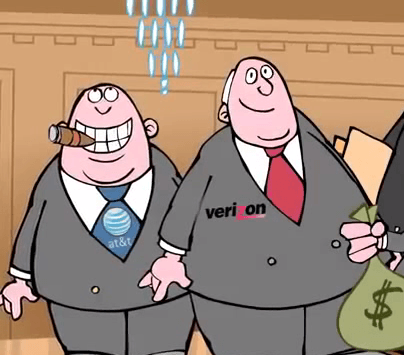 Cicconi would be pleased to see someone like former Tennessee congressman Harold Ford, Jr., take a seat at the FCC under a future Clinton Administration instead. Ford has served as an honorary co-chairman of Broadband for America, an industry-sponsored astroturf operation, for most of Obama’s two terms in office. He remains a close friend of both Bill and Hillary and is never far from the public eye, turning up regularly on MSNBC.
Cicconi would be pleased to see someone like former Tennessee congressman Harold Ford, Jr., take a seat at the FCC under a future Clinton Administration instead. Ford has served as an honorary co-chairman of Broadband for America, an industry-sponsored astroturf operation, for most of Obama’s two terms in office. He remains a close friend of both Bill and Hillary and is never far from the public eye, turning up regularly on MSNBC.
Broadband for America supports deregulation, opposes Net Neutrality, and essentially shills for its corporate sponsors. Rep. Ford would likely oppose Net Neutrality and continue support for near-total deregulation.
Verizon has also shown itself to be a Friend of Hillary. Three Verizon vice presidents each donated $2,700 to Hillary for America. They were joined by a senior vice president and another vice president, who gave an additional $1,000, according to Salon. A former Hillary Clinton operative who now lobbies for Verizon donated $2,700 as well, along with another Verizon lobbyist who pitched in $1,000.
While Bernie Sanders joined striking Verizon workers on the picket line, the Clinton campaign was cashing checks worth tens of thousands of dollars from Verizon executives and lobbyists. In May 2013, the telecom company paid Hillary a $225,000 honorarium in return for a speech (the text has not been disclosed) to Verizon executives.
The Clinton Foundation also benefited from Verizon contributions ranging from $100,000-250,000.


 Subscribe
Subscribe
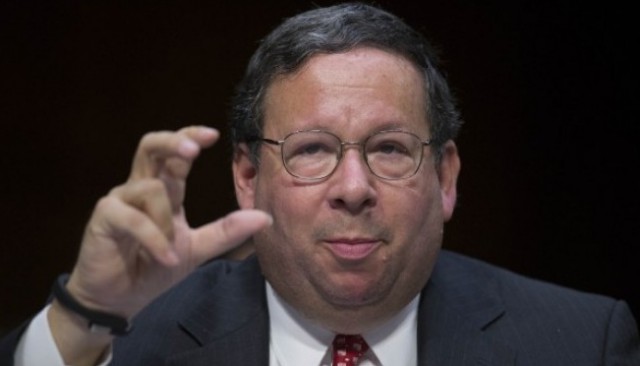
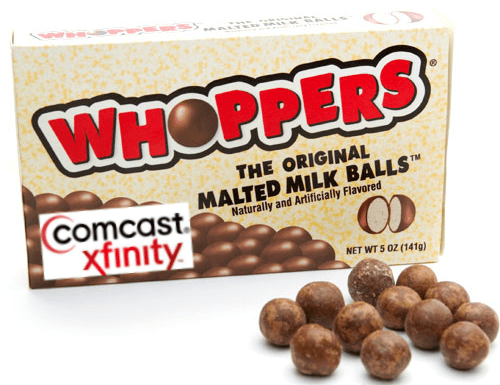 Before regulators, the media, and elected officials, Comcast’s executive vice president David Cohen has repeatedly told all who can hear that there are no usage caps on Comcast’s broadband service.
Before regulators, the media, and elected officials, Comcast’s executive vice president David Cohen has repeatedly told all who can hear that there are no usage caps on Comcast’s broadband service.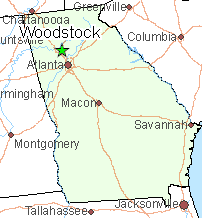 Joe isn’t the only one being misinformed by Comcast.
Joe isn’t the only one being misinformed by Comcast. Eric Ravenscraft suspects Comcast isn’t too happy with complaints it is getting about data caps from its customers either. He recently received a call from Comcast seeking feedback on what customers would like to see changed about the caps. But in typical Comcast fashion, getting rid of the caps does not seem to be an option. Instead, the representative claimed “obviously, the plans are outdated,” which suggests Comcast will adjust your allowance, not get rid of it.
Eric Ravenscraft suspects Comcast isn’t too happy with complaints it is getting about data caps from its customers either. He recently received a call from Comcast seeking feedback on what customers would like to see changed about the caps. But in typical Comcast fashion, getting rid of the caps does not seem to be an option. Instead, the representative claimed “obviously, the plans are outdated,” which suggests Comcast will adjust your allowance, not get rid of it.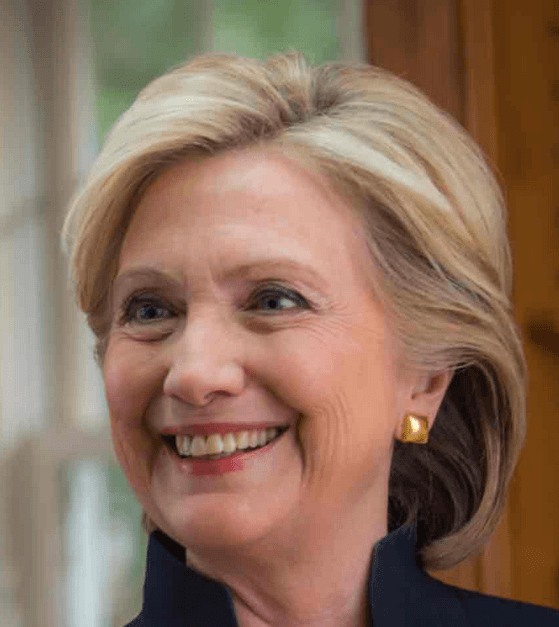
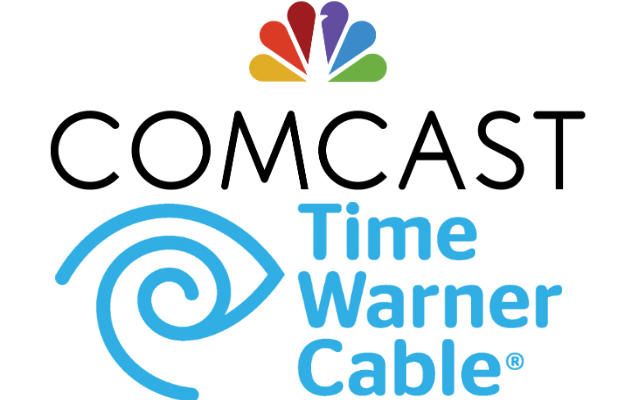 Comcast’s claims of “deal benefits” for consumers was perceived to be tissue-thin by legislators like Rep. Tony Cárdenas (D-Calif.), whose district would have seen Time Warner and Charter customers absorbed into the Comcast Dominion.
Comcast’s claims of “deal benefits” for consumers was perceived to be tissue-thin by legislators like Rep. Tony Cárdenas (D-Calif.), whose district would have seen Time Warner and Charter customers absorbed into the Comcast Dominion.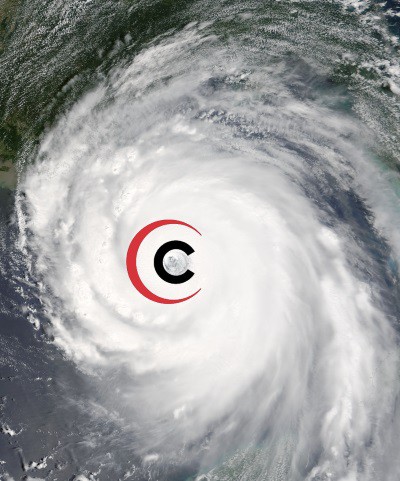 “They talked a lot about the benefits, and how much they were going to invest in Time Warner Cable and improve the service it provided,” said one senior Senate staff aide, who spoke on the condition of anonymity because he was not authorized to speak publicly. “But every time you talked about industry consolidation and the incentive they would have to leverage their market power to hurt competition, they gave us unsatisfactory answers.”
“They talked a lot about the benefits, and how much they were going to invest in Time Warner Cable and improve the service it provided,” said one senior Senate staff aide, who spoke on the condition of anonymity because he was not authorized to speak publicly. “But every time you talked about industry consolidation and the incentive they would have to leverage their market power to hurt competition, they gave us unsatisfactory answers.”